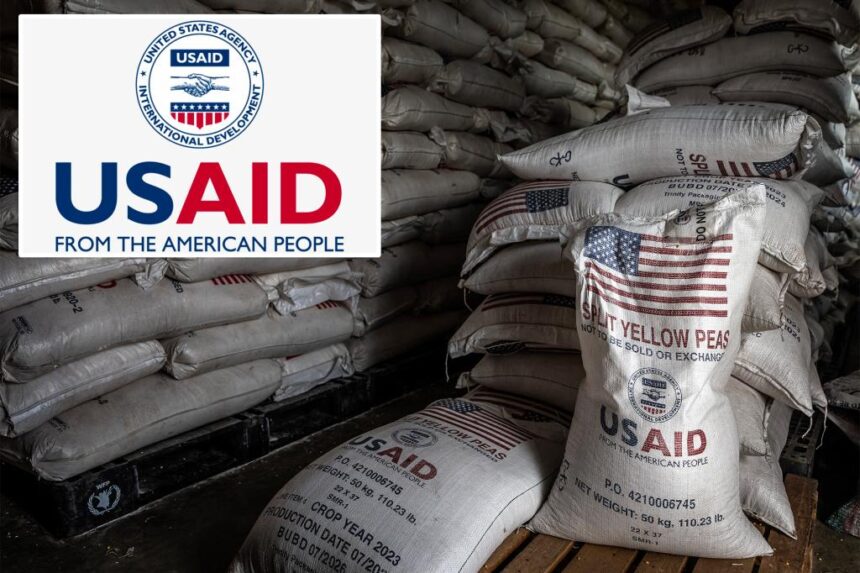The recent case involving a federal contracting officer and three businessmen pleading guilty to a $550 million bribery scheme with USAID has raised concerns about corruption within the agency. Roderick Watson, the contracting officer, allegedly received bribes exceeding $1 million in exchange for directing federal contracts to two consulting companies, Apprio and Vistant.
Watson, 57, faces up to 15 years in prison for bribery of a public official. The businessmen involved, Walter Barnes and Darryl Britt, along with Paul Young, used a complex system of middlemen and shell companies to conceal the bribes intended for Watson. The scheme involved manipulating the procurement process and using fraudulent documents to cover up the corruption.
The case dates back to 2013 when Watson started favoring Apprio, owned by Britt, for federal contracts. When Apprio graduated from the SBA 8(a) program, the scheme shifted to awarding contracts to Vistant, owned by Barnes. The bribes included cash, gifts, and even jobs for relatives of the USAID official.
The Justice Department uncovered the corruption and all four individuals involved pleaded guilty to various charges, including conspiracy to commit bribery and securities fraud. The DOJ emphasized the importance of holding accountable those who exploit government programs for personal gain.
The Trump administration had previously targeted USAID for significant budget cuts, with Elon Musk leading the charge. Musk criticized the agency for alleged corruption and inefficiency, leading to drastic funding cuts and layoffs within USAID.
The case highlights the ongoing challenges of corruption and fraud within government agencies, and the need for robust oversight and accountability measures to prevent such schemes in the future. It serves as a reminder of the importance of transparency and integrity in government operations.








